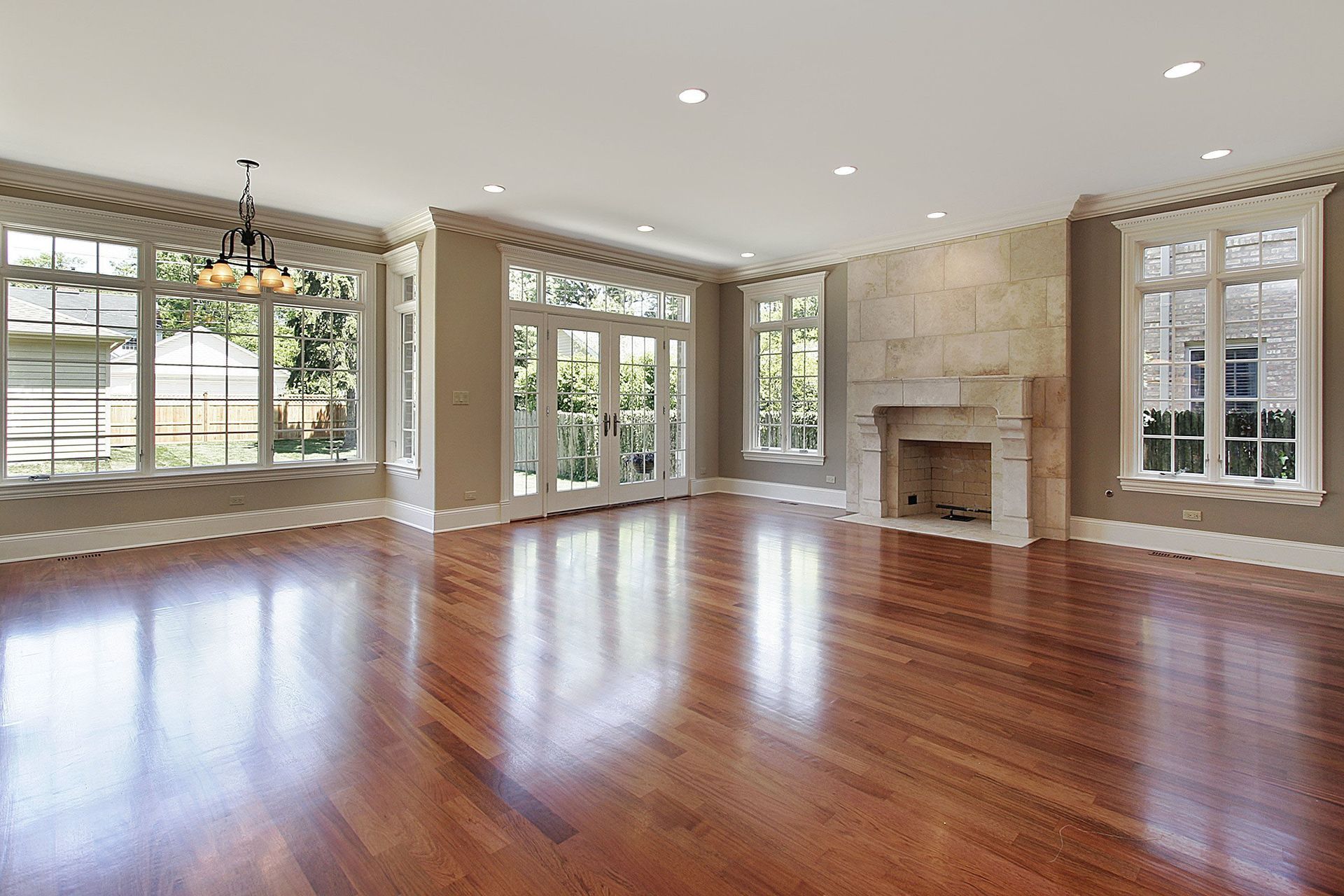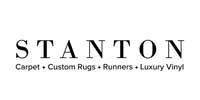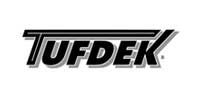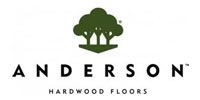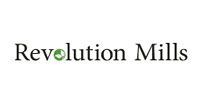August 23, 2025
In this article, we will explore the pros and cons of repairing versus replacing hardwood flooring. Whether you're a homeowner looking to update your floors or a prospective buyer assessing your options, understanding these two choices is crucial for making an informed decision. Hardwood flooring is a popular choice for its timeless appeal and durability. According to Dumpsters.com, hardwood was the #1 material used to replace old floors, but even the sturdiest floors can show wear over time. Recognizing the signs of aging in your floors helps determine the appropriate action, be it repairing or complete replacement.
Understanding Hardwood Flooring
Firstly, hardwood flooring is crafted from timber, providing a natural and authentic feel to any space. It comes in a variety of types and styles, including solid and engineered options. Solid hardwood is made from a single piece of timber, whereas engineered hardwood consists of multiple layers bonded together. Each type offers distinct advantages, such as solid’s capability to be sanded multiple times and engineered's resistance to moisture. Knowing the differences between these types can help you choose the best hardwood for your setting.
Traditionally, hardwood has been chosen for its aesthetic appeal and the value it adds to homes. Its ability to match different interior styles makes it a versatile choice. Hardwood's natural warmth and characteristics offer a cozy and inviting atmosphere. Additionally, a hardwood floor can be an excellent long-term investment due to its durability and potential lifespan. The choice between solid and engineered often comes down to factors like subfloor compatibility and climate conditions.
Despite hardwood’s resilience, it is not immune to aging and damage. Daily foot traffic, sunlight, pets, and changes in humidity can all contribute to the wear of a hardwood floor. Over time, these factors might necessitate decisions regarding repairing or replacement. Homeowners must weigh these potential impacts when deciding on the type of hardwood to install initially. Understanding each type's strengths and limitations is key to selecting the right floor for your needs.
Knowing Common Types of Hardwood Used
Several species of wood are commonly used for hardwood floors, each offering unique attributes. Oak, maple, and hickory are popular domestic choices known for their durability and aesthetic appeal. Exotic species are also available, offering distinctive grain patterns and colors. The choice of species can significantly impact the look and feel of a space, as well as affect the overall cost of installation. Homeowners often select wood types based on both visual and functional preferences.
Oak is perhaps the most common choice due to its strength and versatility, available in both red and white varieties. Red oak features a pinkish tone with a prominent grain, while white oak is more subtle in appearance. Maple, known for its lighter color and less pronounced grain, works well in contemporary settings. Hickory offers a rustic charm with its varied hues and grain patterns, suitable for traditional and country-style homes.
Exotic woods are typically chosen for their rich colors and unique grain patterns, which can create a more luxurious look. These species tend to be more expensive, reflecting their desirability and scarcity. When considering the type of hardwood, it’s essential to factor in not only aesthetics and cost but also how each wood type will hold up to wear in your specific environment. Such decisions will influence whether to repair or replace down the line.
Comprehending the Lifespan of Hardwood Floors
Furthermore, the lifespan of hardwood floors varies widely based on a number of factors, including wood type, maintenance, and environmental conditions. Solid hardwood floors can last for decades, often upwards of 25 to 30 years, especially with proper care and regular maintenance. Engineered wood, while generally less durable over the long term than solid wood, can still offer longevity of 20 years or more. However, some factors, such as humidity levels, wear and tear from foot traffic, and the type of finish, can influence this lifespan.
Maintenance plays a crucial role in extending the life of hardwood floors. Regular cleaning, humidity control, and protective sealants can prolong the floor’s durability, maintaining its appeal for many years. Floors that receive consistent care are less likely to show serious wear, reducing the frequency of necessary repairs or replacement. Conversely, neglect or poor maintenance is likely to shorten a floor's usable lifespan, potentially making replacement a more frequent consideration.
Environmental conditions can also significantly impact the longevity of hardwood floors. Wood's natural properties make it susceptible to changes in temperature and humidity, expanding and contracting with variations, which can lead to warping or gaps. Adapting installation methods and using appropriate finishes can mitigate these effects. Properly maintained hardwood floors not only extend the lifespan but also cut down on the need for costly repairs and replacements. A proactive approach involving regular inspections can identify issues early, minimizing long-term damage and expense.
Acknowledging the Importance of Maintenance
Proper maintenance is essential for preserving the beauty and longevity of hardwood flooring. Regular sweeping and vacuuming help to keep dust and grit off the floor surface, which can scratch the finish over time. Additionally, periodic cleaning with recommended products can prevent dirt buildup without damaging the protective layer. Promptly addressing spills and stains is crucial to preventing moisture from seeping into the wood. Establishing a routine maintenance plan ensures that floors retain their shine and remain in good condition.
Using appropriate protectors and pads under furniture is another vital part of maintaining hardwood floors. These small additions can prevent scratches and dents from daily wear and tear due to shifting furniture. Rugs and runners in high-traffic areas can minimize direct impact and wear on the wood, preserving high-use spaces. In areas where moisture is a concern, such as kitchens and entryways, taking preventive measures can safeguard against water damage. Maintenance requires a combination of consistent care and protective tactics tailored to specific areas of the home.
By investing time and effort into maintenance, homeowners can significantly delay the need for repairing or replacing their floors. Maintenance not only enhances the appearance of your hardwood floors but also protects your investment. Well-maintained floors maintain their value and appeal, contributing to the overall beauty and equity of the home. With proper upkeep, the decision between repairing and replacing becomes less immediate and more manageable.
Recognizing Signs Your Hardwood Floor Needs Attention
Finally, recognizing when your hardwood floor needs attention can save further damage and costlier repairs down the road. Visible scratches and dents are common signs that your floor may require repairing. Floors that have lost their luster or appear dull despite cleaning may also benefit from a repairing process. In some cases, creaking, separating boards, or areas with evident water damage might indicate deeper issues that necessitate replacement. Addressing these signs early can preserve the integrity of the floor and enhance its beauty.
Another indicator that your floor needs attention is the presence of gray discoloration, which can occur when the protective finish wears away, exposing the wood to moisture. This condition often warrants immediate repair to replenish the sealant and protect the wood from further damage. If floors appear uneven or buckled, this might suggest more severe underlying problems, often necessitating replacement.
Deciding between repairing and replacing hardwood floors can be complicated, but it doesn't have to be. Contact The Flooring Source LLC today for your flooring needs.
